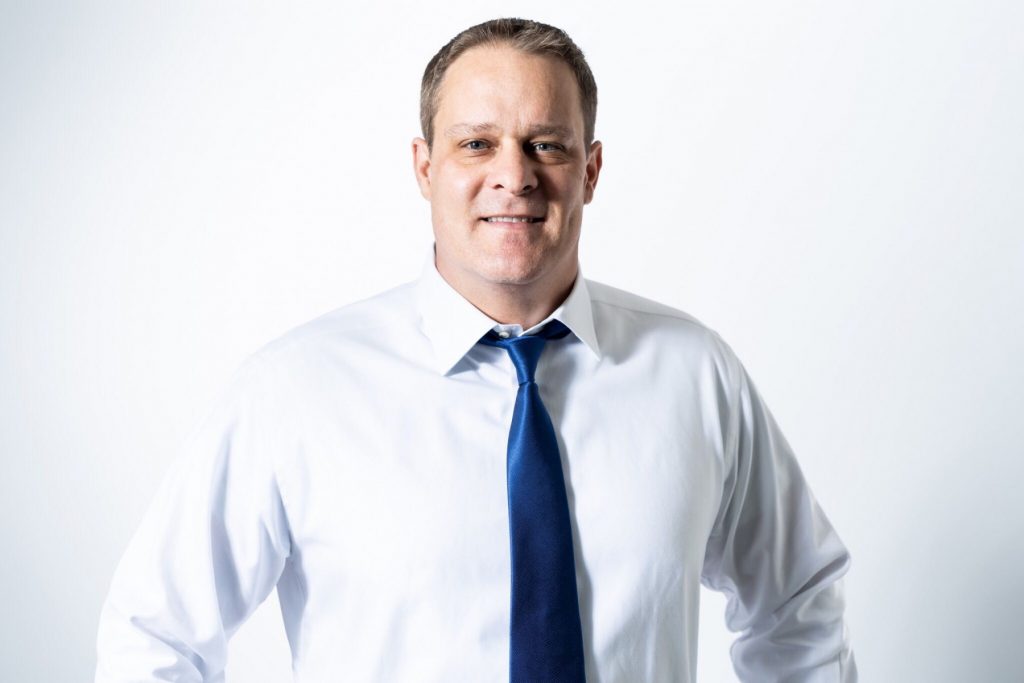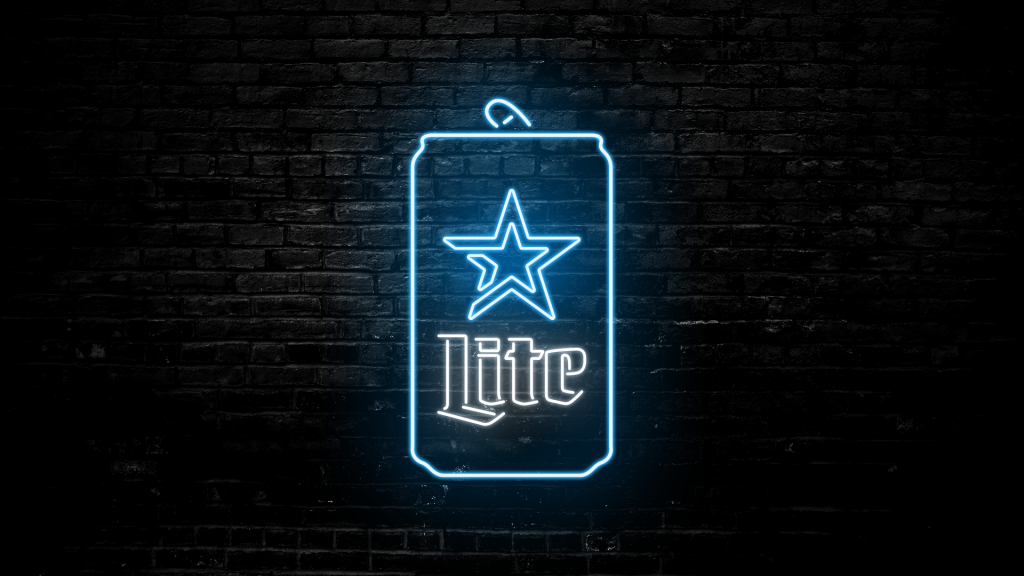In 2019, Complexity Gaming opened its lavish GameStop Performance Center headquarters in Frisco, Texas as part of the Dallas Cowboys’ extensive The Star campus. Packed with sponsorship activations and created with big plans for fan events and collaborations with the NFL team, it was one of the most prominent launches of an esports facility to date.
A year later, the headquarters sits largely unused thanks to the COVID-19 pandemic, with pro players training and competing remotely, and planned events cancelled. In a year that has impacted every corner of the esports industry, it’s an added layer of frustration for Complexity Gaming. And for founder and CEO Jason Lake, known far and wide as one of the most enthusiastic leaders in esports, being stuck at home has been a tough hit.
Complexity has adapted, however, and so has Lake: the organisation has amplified its content creation efforts and attends to its players from afar, and Lake himself has launched personal content channels to maintain his connection with fans in a new way. Esports Insider caught up with Lake to make sense of a strange year running a prominent esports organisation.

Esports Insider: Can you talk about the overall impact of the pandemic on Complexity and how you’ve had to adapt?
Jason Lake: Overall, while esports has definitely proven resilient and we’re experiencing record-setting viewership, esports teams have been impacted both operationally and on the sales side.
In Complexity, everyone’s been working remote, which is frustrating. We haven’t been able to have some of the public events and things that we’ve built our headquarters around. We’ve shifted to more of a strong emphasis on content creation to keep the fans engaged, and we’ve been really focused on putting the players first and making sure that wherever they might be in the world, that they’re safe, healthy, and able to compete.
ESI: How has it impacted the way that you approach sponsorship deals and partner activations?
JL: A lot of our sponsorship sales and partner activations included more in-person touchpoints around our headquarters and around the larger property that we share with the Dallas Cowboys, so we’ve had to pivot and add a lot more digital deliverables. It’s an unfortunate side effect of what the entire world’s going through right now, but I’m very grateful and feel blessed that we’re able to pivot digitally in esports.
There were lots of traditional sports that simply had no touchpoints for months and months on end, while we were able to pivot and deliver digital ones.
RELATED: Complexity Gaming expands Miller Lite partnership into streaming

ESI: Have you found that your partners have been receptive to those pivots?
JL: Yeah, absolutely. Our partners understand the world and the way it is right now, and are grateful that we can shift some of the deliverables, whether it be content or digital fan engagements, things like that.
ESI: A lot of your activation plans were based around the GameStop Performance Center, which opened less than a year before the pandemic struck. Has that space largely been in limbo the past several months?
JL: It has. It’s pretty disappointing to build one of the best esports facilities in the world and then have it shuttered.
It’s partially open to employees who need to go in for their work, and then they go through different safety regimens from masks to social distancing. But none of our professional players have been actively training in the facility.
Our Counter-Strike team has actually been in Europe throughout the majority of this. Three out of our five players are from Europe, so they’re home, and then we’ve had a couple of other players living in different countries depending on what month it is. And we’ve sent support staff and content crews to make sure that they’re comfortable. We’ve gone to extreme lengths to make sure our players are provided for, including one instance of a private jet when commercial travel just wasn’t safe.
It’s a strange time, but we’re doing all we can on the organisation side to make sure that we’re putting our players first and that they’re healthy and happy.
RELATED: Complexity Gaming renews partnership with Twitch
ESI: Traditional sports have been deeply impacted by the pandemic. Has that impact also affected Complexity by association?
JL: We’re very interwoven with the Dallas Cowboys organisation and tend to collaborate with them on multiple endeavours.
A lot of those collaborations, due to the NFL’s strict safety protocols, have been delayed or cancelled this year. We followed their lead when it comes to office, workplace, and player safety in different areas, and are grateful to have that “big brother,” if you will, to help us carve out our own safety protocols. We have a sports psychologist that communicates with players over video chat like this, to make sure everyone’s heads are in a good place and they’re healthy, and it’s nice to have those resources to lean on.
ESI: As somebody who is very enthusiastic about esports competition and Complexity, how has it been for you personally to not be attending live esports this year?
JL: It’s been a very surreal year for me, personally, as I spend a tremendous amount of time on the road and attending events and meeting fans, speaking at conferences, and things like that.
It’s been good on one side, where I’ve been able to spend much more time with my family, and I’m very grateful for that. But for my day-to-day job of running Complexity, I think it’s honest to say that it’s been pretty frustrating. I’m much more of a face-to-face type of person than I am a Google chat or Zoom call guy, so I do look forward to getting back on the road and hanging out with the fans and watching our players compete face-to-face.
[primis_video widget=”5182″]
ESI: How has Complexity shifted its fan engagement and content production efforts?
JL: We’ve really tried to increase our content production, both with our influencers like Maddy and Electra and others, and also with a new CS:GO YouTube channel and our series, “Through the Smoke.”
When you’re not able to engage your fans face-to-face, I think the only alternative that makes sense is providing more content for them and having more fan engagement. We’ve been actively revamping our Discord channel, and I’ve personally been attending our Counter-Strike games in the fan cams and watching the game with our fans digitally. It’s not quite the same thing as sitting in the stands and high-fiving them, but it’s a digital version.
We’ve done lots of little things like that to try to keep our fans engaged and to let them know that we’re still actively behind our teams and behind our players, and doing our best to provide them a great experience if they follow our organisation.
ESI: What motivated you to launch your own Twitch and YouTube channels this year?
JL: You know, more than anything, it was just the extra time I had. When you take away work dinners, airports, hotels, speaking at conventions, and all of the things that I do that devour so much of my time, I find myself with extra time.
I’m generally not the type of person who would just sit around and watch Netflix for hours on end, so I was asking myself: How can I engage with people who are interested in engaging with me? How can I expand what Complexity’s doing and provide these platforms?
The obvious answer was: Hey, let’s start a YouTube and put some content out there, and start a Twitch and play some games and have some AMAs. I’m just trying to expand my brand and the Complexity brand, and be able to engage with fans in 2020, so I try to take advantage of that extra time and fire those up.
Read the full version of this article in Edition 7 of The Esports Journal.
[maxbutton id=”13″ ]
